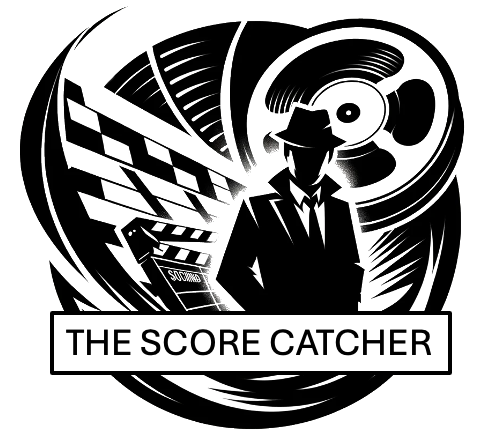Wednesday, 11:25pm, Film4
Few films have captured the raw sweep of America’s frontier mythos like Legends of the Fall (1994). Directed by Edward Zwick, this sweeping family saga spans the early 20th century, weaving together love, war, and the emotional riptides that define the Ludlow brothers' tragic lives. It's as grand in scope as it is loose with historical nuance, offering a romanticized vision of Montana ranch life that sits somewhere between reality and a Cormac McCarthy fever dream. But no historical looseness can diminish the emotional heft of James Horner’s lush, sweeping score, which elevates the film to near-epic proportions.

Horner’s music is, in many ways, the true heart of Legends of the Fall. His soaring orchestrations accompany the tumultuous fates of the Ludlow family, evoking both the vastness of the Montana wilderness and the intense personal drama unfolding within it. The strings swell like the open plains, while somber piano motifs hint at the underlying sadness that accompanies the brothers' personal journeys. Horner’s score is as expansive as the landscape but intimate enough to follow the delicate turns of each character’s inner turmoil, adding layers of emotional depth often missing from the script's more melodramatic moments.
Of course, the film takes plenty of liberties with history. From the overly polished portrayal of Native American life to its sweeping generalizations about the First World War, Legends of the Fall romanticizes the past in a way only Hollywood can. But historical accuracy was never the film's aim; rather, it seeks to tell a larger-than-life tale, and in that pursuit, it excels. Paired with Horner’s unforgettable score, it creates an emotional resonance that lingers, even if the details crumble under scholarly scrutiny.
